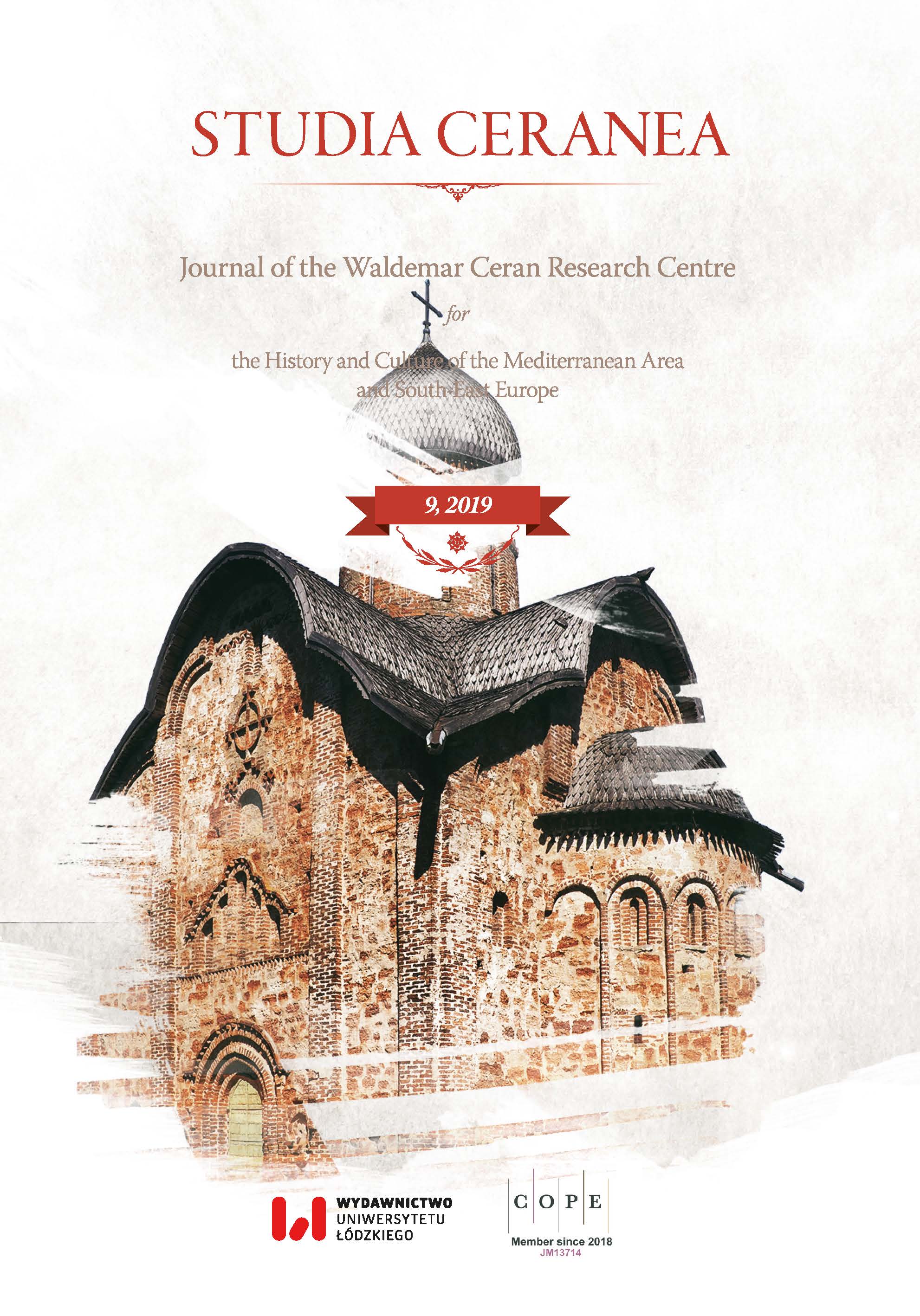On (Quasi-)Gnostic Strategies for Overcoming Cognitive Dissonance. The Bulgarian Case
On (Quasi-)Gnostic Strategies for Overcoming Cognitive Dissonance. The Bulgarian Case
Author(s): Grażyna Szwat-GyłybowaSubject(s): Christian Theology and Religion, Middle Ages, History of Religion
Published by: Wydawnictwo Uniwersytetu Łódzkiego
Keywords: Gnosis; Orthodox Christianity; anti-Semitism; Bulgarian culture; cultural transfer
Summary/Abstract: The article poses a research question, important not only in the studies on (neo-)gnosticism, concerning the relationship between the gnostic strategies of interpreting the world (and especially its typical rules of classifying people, based on the externalization of evil) and the tendency to construct a figure of “hylic” as a person embodying evil, and thus “unworthy of life”. In this context, the author is interested in the dynamics of the relationship between the religious worldview declared by the authors, the one they actually profess, and their attitude towards the so-called Jewish question. Bulgarian material, which is a case of a particular kind of aporia, cognitive dissonances emerging due to tension between the pressure of cultural stereotypes, pragmatic (economic), religious, parareligious and humanistic thinking, has been analyzed on the basis of post-secular thought. The investigator posits that Bulgarian culture, despite the “economic” anti-Semitism that exists within it, did not produce a figure of a Jew the hylic that absorbs all evil and that could be inscribed (as is the case in popular Polish culture, among others) in every troublesome local political and symbolic context.
- Issue Year: 2019
- Issue No: 9
- Page Range: 89-105
- Page Count: 17
- Language: English

